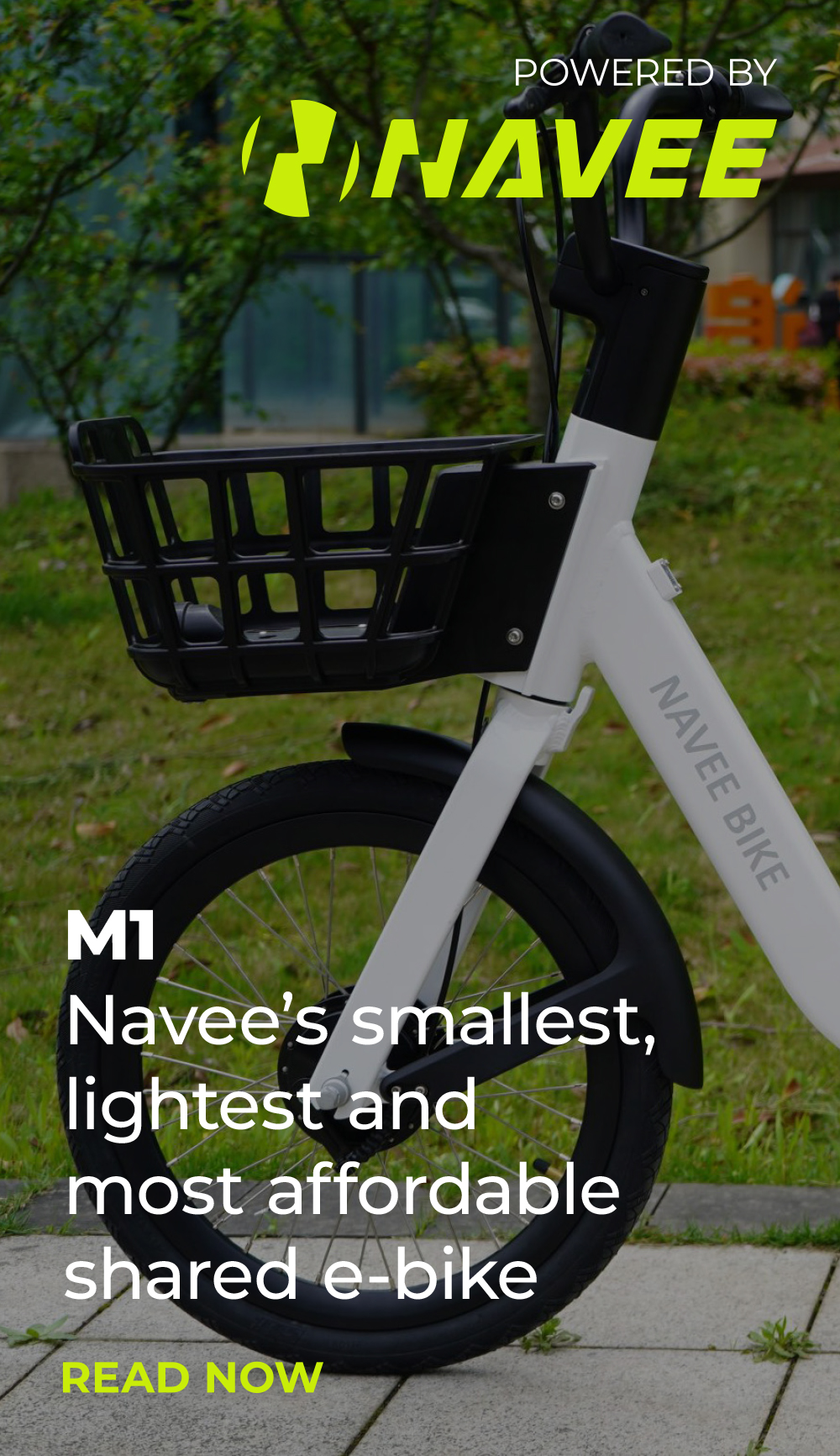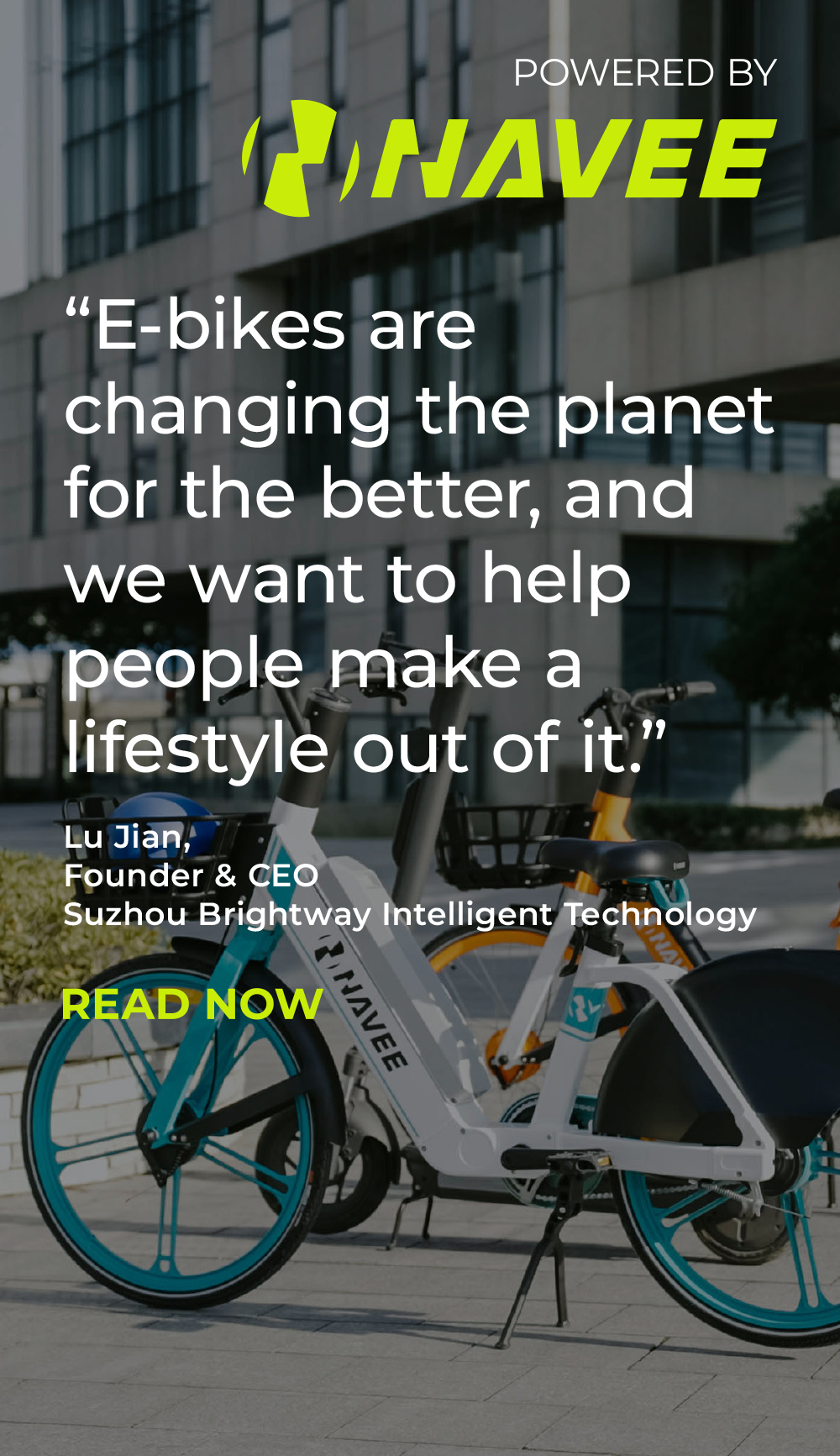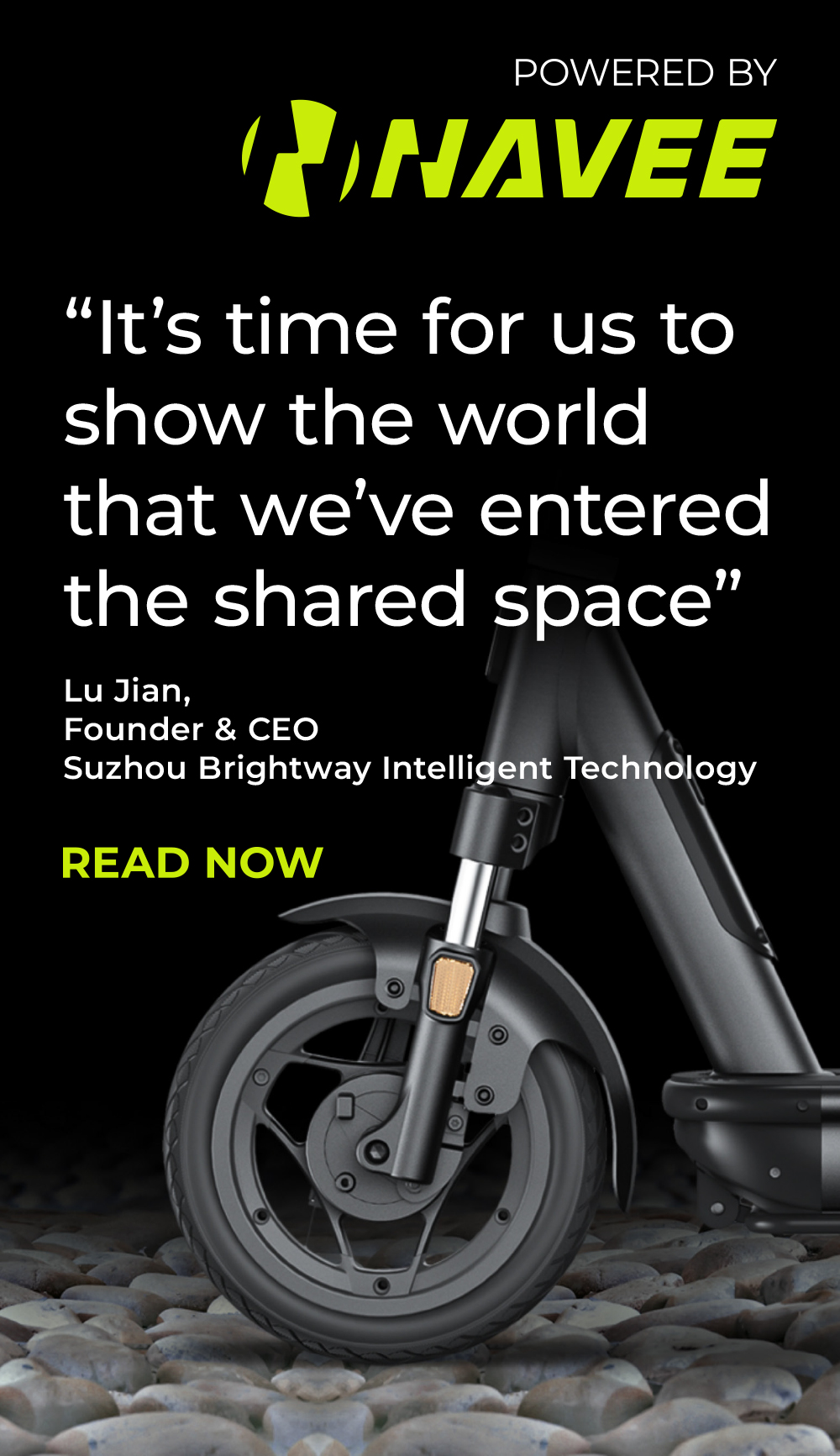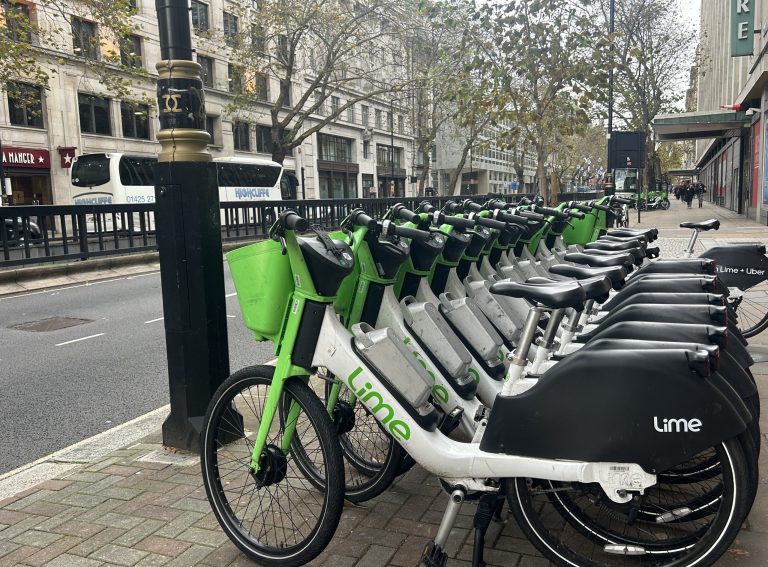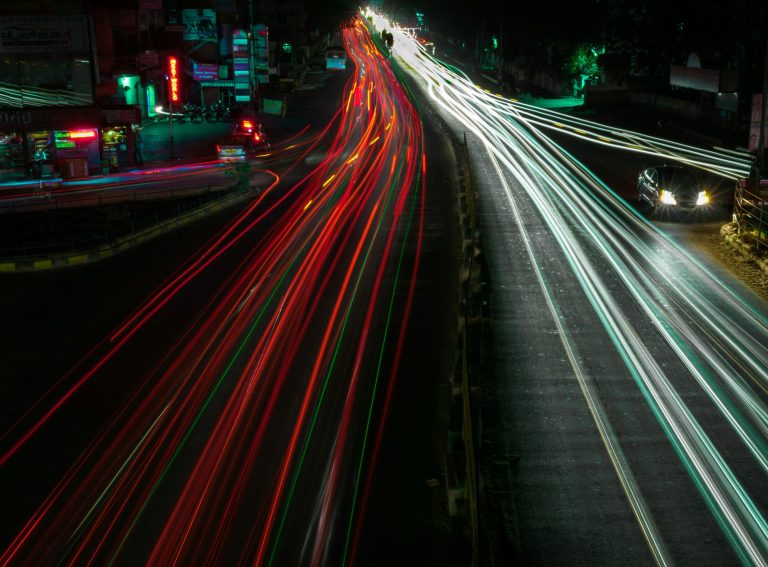Dublin City Council has received overwhelming public support in its decision to ban through-traffic in the Irish capital’s city centre later this year.
In a public consultation published earlier this month, 80% of 3,500 respondents backed the plan to prohibit private cars and commercial trucks from driving through the city centre unless their destination is downtown.
Having found that through-traffic accounts for two thirds of all cars in the city centre, Dublin City Council has taken inspiration from other European cities such as Paris, Brussels and Milan to reclaim back space from private cars.
“Dublin is an old city. The core city centre is built and it’s not going to change. So we have to be smart about how to use the road space in the centre,” Green Party group leader on Dublin City Council Michael Pidgeon told Zag Daily.
Several streets will be reconfigured to loop vehicles travelling downtown back out in the same direction, and two ‘bus gates’ on either side of the River Liffey will prevent private vehicles from crossing.
“For decades, the city centre has been snarled up and broken,” said Pidgeon. “Drivers are frustrated in gridlock. Buses are trapped with them on the narrow quays. Cyclists aren’t safe. Pedestrians are hemmed in on small footpaths, forced to scurry across the road, picking their way through cars that barely seem to move.
“So we’re targeting that traffic for massive reduction. It’s the only future I see for city centres: focusing on people and mass transit, not endlessly ceding space to the car.”
Though the modal share is anticipated to reduce from 52% in 2016, to 42% in 2042, critics say Dublin’s ban on through-traffic won’t eradicate reliance on the transport but will just shift car disruption from the city centre into residential neighbourhoods.
A larger goal
The reconfiguration of city streets forms part of the Dublin City Centre Transport plan that aims to prioritise public transport, walking and cycling and introduce a number of new traffic-free public realm areas.
“It aims to reduce through-traffic in the core city centre while still allowing access for necessary deliveries, and we believe this will have a positive impact on the city with 30% less private car kilometres driven in the core city centre area,” the Council said in a statement.
This is one objective in the larger Dublin’s City Development Plan 2022-2028 approved by the council’s elected members, which sets out the target of reducing car share by 40%.
Other mobility priorities include the accommodation of bike sharing and associated apps, the expansion of Intelligent Transportation Systems, the regular role of e-scooters and the supply of public charging stations. The development of mobility hubs, expansion of e-cargo bikes for last-mile delivery and the facilitation of shared transport systems are also mentioned, among others.

